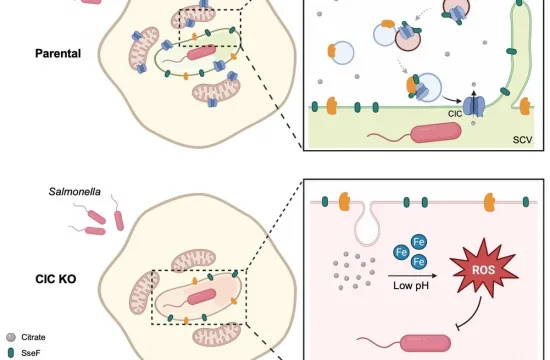|
Getting your Trinity Audio player ready...
|
A large middle class in Thailand and Indonesia is demanding more environmental protection; something not happening in other developing South-East Asian nations.

Credit : 1xpert | 123rf
More equitable income distribution is resulting in better environmental quality in Thailand and Indonesia. In Malaysia, however, it is having the opposite effect, while the two factors are unrelated in the Philippines.
A team led by economist Abdul Rahim Ridzuan of Universiti Teknologi MARA analysed the effects of income inequality, economic growth, trade openness, domestic investment and energy consumption on carbon dioxide emissions in four South-East Asian countries from 1971 to 2013. They determined the statistical importance of each factor over the short- and long-term using an analysis tool called an autoregressive distributed lag estimation.
Their analysis showed a positive relationship between income inequality and carbon emissions in Indonesia and Thailand, meaning that more equitable income distribution results in better environmental quality. The finding supports the argument that greater income equality enables a larger middle class to hold those in power accountable and demand policies that protect the environment. In contrast, when there is a greater economic gap, the rich have more influence than the poor on decisions that enable profits at the expense of the environment.
However, a larger middle class does not automatically translate to a cleaner environment everywhere. The analysis showed a negative correlation between income equality and environmental quality in Malaysia. Even though Malaysia’s middle class is growing, the country still relies heavily on fossil fuels, which leads to greater environmental degradation. This surprised the researchers since Malaysia has committed to sustainable development goals in its national policy.
The accelerating rise of carbon dioxide emissions since the Industrial Revolution is linked to climate change. Historically, developed nations are responsible for the majority of emissions. But as other nations grow their economies and consume more energy, they too are poised to contribute more carbon dioxide to the atmosphere unless they pursue more sustainable development practices that limit emissions.
While many confounding factors influence environmental quality, income distribution can now be considered while making sustainable development policy, the researchers conclude in their study published in the Pertanika Journal of Social Sciences & Humanities. The researchers plan to continue studying the relationship in other countries, particularly those known to produce high quantities of carbon emissions.






